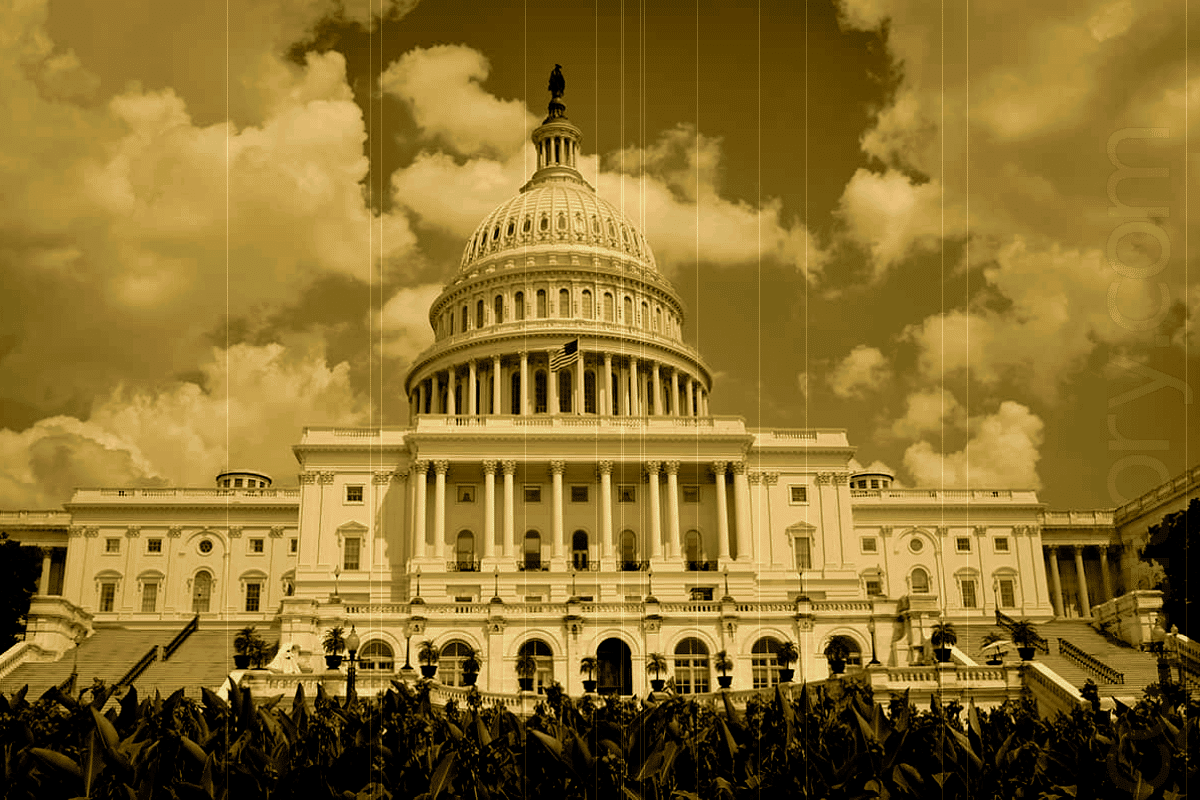
As Congress prepares to enter its August recess, the legislative outlook for two critical crypto bills—the Digital Asset Market Clarity (CLARITY) Act and the Anti-CBDC Surveillance State Act—remains unresolved.
Just days before adjourning, the House advanced three cryptocurrency-related bills under a coordinated “crypto week.” Notably, the GENIUS Act (Guiding and Establishing National Innovation for US Stablecoins), aimed at stablecoin regulation, secured near-unanimous Republican support with more than 100 Democrats joining in. It was promptly signed into law by President Trump approximately 24 hours later.
However, the path ahead is more complex for the CLARITY Act and the Anti‑CBDC bill, both now awaiting Senate scrutiny. House Republicans largely portrayed these initiatives as nonpartisan, but skepticism persists—particularly among Democrats concerned about President Trump’s cryptocurrency interests. These political undercurrents suggest that Senate Democrats could pose significant opposition.
Senate Republicans are signaling a priority on crypto market structure. A discussion draft released by four GOP senators outlines the Responsible Financial Innovation Act, which they suggest will build on the framework established by the CLARITY Act. Whether this Senate draft or the House version prevails, both must secure approval in both chambers and reach the president’s desk.
The Anti‑CBDC Surveillance State Act faces its own hurdles, having garnered only two Democratic votes in the House. Republican resistance to the GENIUS Act—citing fears it might facilitate a covert U.S. digital dollar—further complicates its path forward.
Wyoming Senator Cynthia Lummis, chair of the Senate Banking Committee’s digital assets subcommittee, has proposed extending the Senate session into August. Her office indicated support for advancing nominations and crypto legislation during that time. This may set the stage for navigating markups on the CLARITY and Anti‑CBDC bills.
Meanwhile, the Commodity Futures Trading Commission (CFTC) is navigating staffing uncertainty. Brian Quintenz, nominee for CFTC chair, faces delayed committee consideration. With only two acting commissioners—Caroline Pham and Kristin Johnson—remaining and four leadership vacancies expected before 2026, congressional delay risks critical regulatory stagnation.







